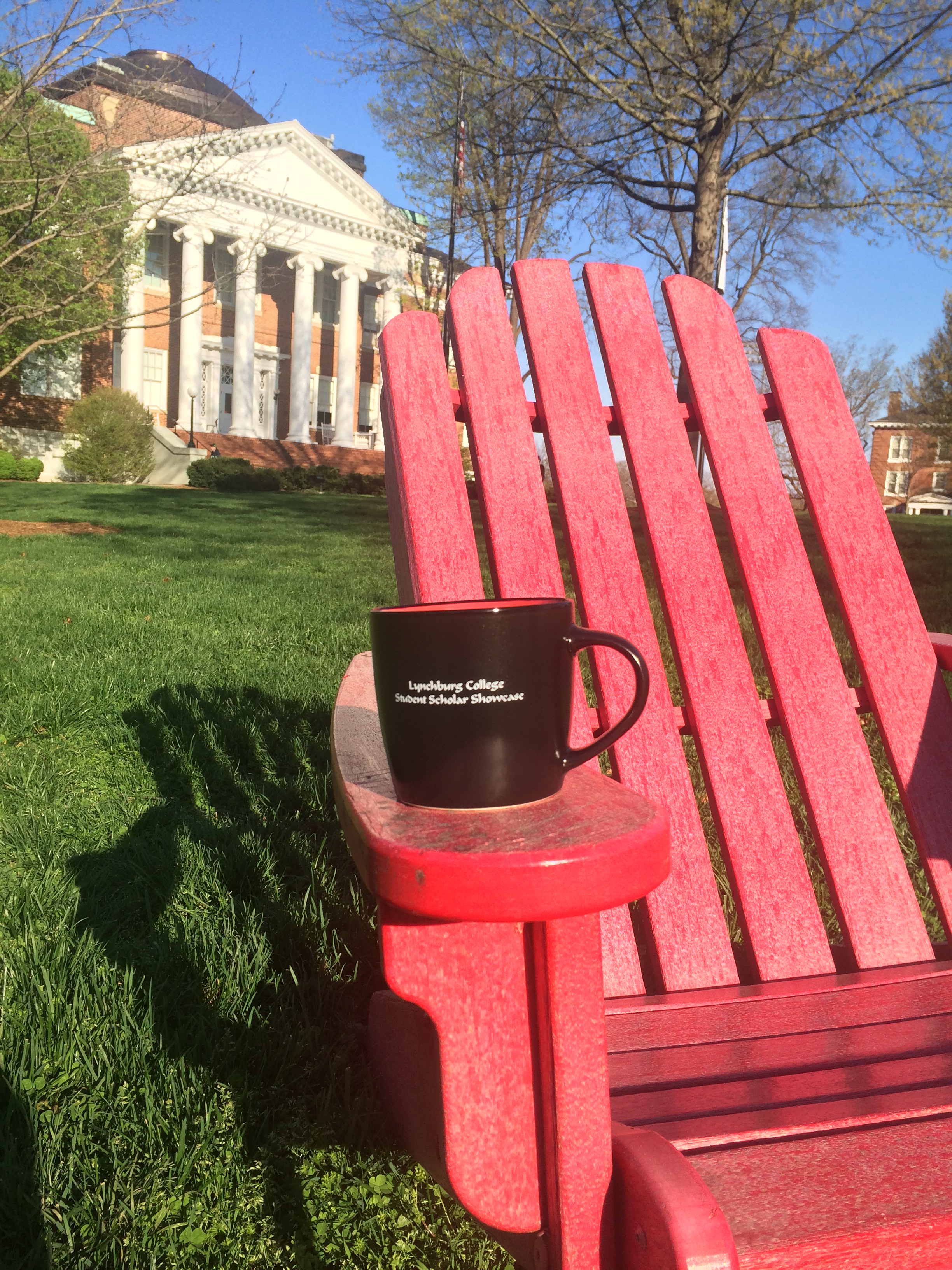
"I'm just a girl standing in front of a boy, asking him to love her" - A Content Analysis of Culture Implications and Female Representation in Romantic Comedy Film
Access Type
Open Access
Entry Number
67
Start Date
4-5-2017 9:15 AM
End Date
4-5-2017 9:30 AM
Abstract
Have you ever seen a movie where the female lead began the film completely goal and career oriented; However, by the end all she wanted was to get married to her “prince charming” and forget all about her career and the goals she had when the intro credits rolled? We want to be her, we want this fairy tale. Parasocial Interaction research shows that people feel the most emotion when the situations are relatable like weddings, break-ups or new life. All of these are present in romantic comedies. So, if the audience is so emotionally involved, why are these not the blockbusters? Why do people keep watching them? Current society encourages young people to look for validation within themselves and their accomplishments. However, movies marketed to them only validate them if they fall in love and live happily ever after with a man by their side? How does culture combat or assist in the creation of these unrealistic expectations of reality? I will use Genre and Gender Criticism to analyze critical analysis data of the similarities of these movies to establish how culture affects the presentation of this genre and the female characters within these films and the reverse.
Primary Faculty Mentor(s)
Cheryl Jorgensen-Earp, Michael Robinson
"I'm just a girl standing in front of a boy, asking him to love her" - A Content Analysis of Culture Implications and Female Representation in Romantic Comedy Film
Have you ever seen a movie where the female lead began the film completely goal and career oriented; However, by the end all she wanted was to get married to her “prince charming” and forget all about her career and the goals she had when the intro credits rolled? We want to be her, we want this fairy tale. Parasocial Interaction research shows that people feel the most emotion when the situations are relatable like weddings, break-ups or new life. All of these are present in romantic comedies. So, if the audience is so emotionally involved, why are these not the blockbusters? Why do people keep watching them? Current society encourages young people to look for validation within themselves and their accomplishments. However, movies marketed to them only validate them if they fall in love and live happily ever after with a man by their side? How does culture combat or assist in the creation of these unrealistic expectations of reality? I will use Genre and Gender Criticism to analyze critical analysis data of the similarities of these movies to establish how culture affects the presentation of this genre and the female characters within these films and the reverse.

